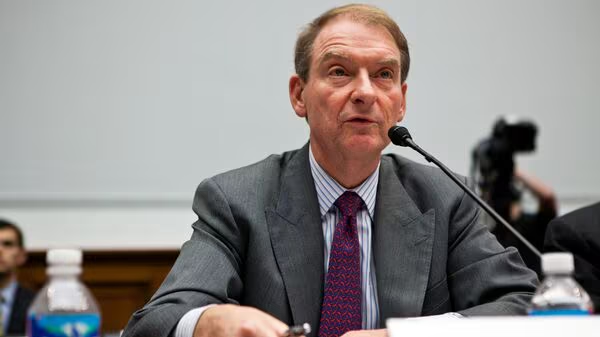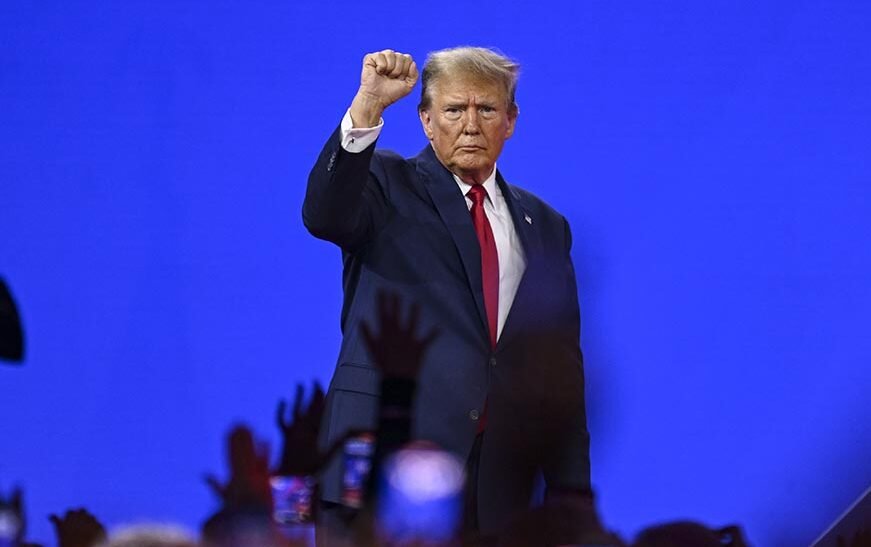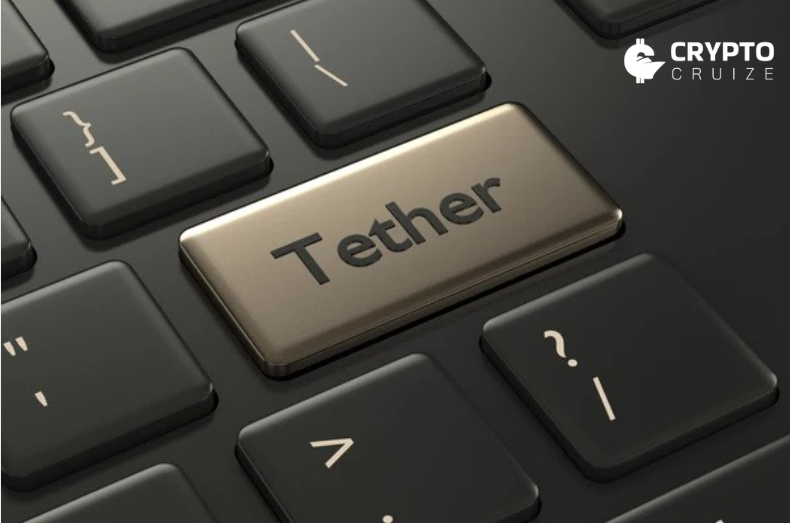The US is positioning itself as a global crypto hub under Donald Trump’s leadership, creating fresh challenges for Europe’s regulatory efforts. With the EU’s landmark Markets in Crypto-Assets Regulation (MiCA) set to take effect on December 30, industry executives warn of a migration of crypto activity from Europe to the US, drawn by promises of a friendlier regulatory environment.
Trump’s Pro-Crypto Stance Sparks Optimism

Trump’s return to the political stage has revitalised enthusiasm for cryptocurrencies, propelling Bitcoin to an unprecedented high of $108,000 this year. Promising to transform the US into “the crypto capital of the planet,” Trump has appointed crypto advocate Paul Atkins to head the Securities and Exchange Commission and venture capitalist David Sacks to advise on crypto and AI policy.
The president’s pledge to end the stringent US regulatory crackdown of recent years has attracted retail and institutional investors, alongside crypto businesses that previously curtailed US operations. Binance US, for instance, plans to restore US dollar services by early 2025, signalling renewed confidence in the American market.
MiCA: Striking a Balance or Stifling Innovation?
The EU’s MiCA regulation aims to provide a robust framework for crypto-assets, addressing risks highlighted by the collapse of companies like FTX and Celsius. It mandates compliance for stablecoins and digital asset services such as trading and custody, with authorisation required for operation within the bloc.
While MiCA has been lauded as a benchmark for global regulation, critics argue its stringent requirements could deter innovation. Yulia Makarova, special counsel at Cooley, warned that compliance costs could push start-ups to the brink of viability, incentivising firms to prioritise the US over Europe.
Shift in Business Focus
Major players in the crypto industry, including Binance, have signalled their intent to refocus on the US market. While some, like Coinbase and Circle, have secured EU licences, others, such as Tether, face delisting under MiCA due to non-compliance.
The allure of a Trump-led pro-crypto administration, coupled with expectations of supportive legislation, may drive traditional financial institutions to invest heavily in digital assets. Eswar Prasad of the Brookings Institution noted that while MiCA was previously seen as fostering innovation, Trump’s win has shifted perceptions.
Opportunities Amidst Challenges
Despite the competition from the US, experts like Denzel Walters, head of Luxembourg at B2C2, believe MiCA remains a significant opportunity for Europe’s digital asset market. The regulation offers clarity and stability that could attract long-term investments once the initial hurdles are overcome.
For now, however, the US’s pivot towards a crypto-friendly policy under Trump risks overshadowing Europe’s efforts, challenging the bloc to balance robust regulation with fostering innovation in the rapidly evolving crypto landscape.




















































